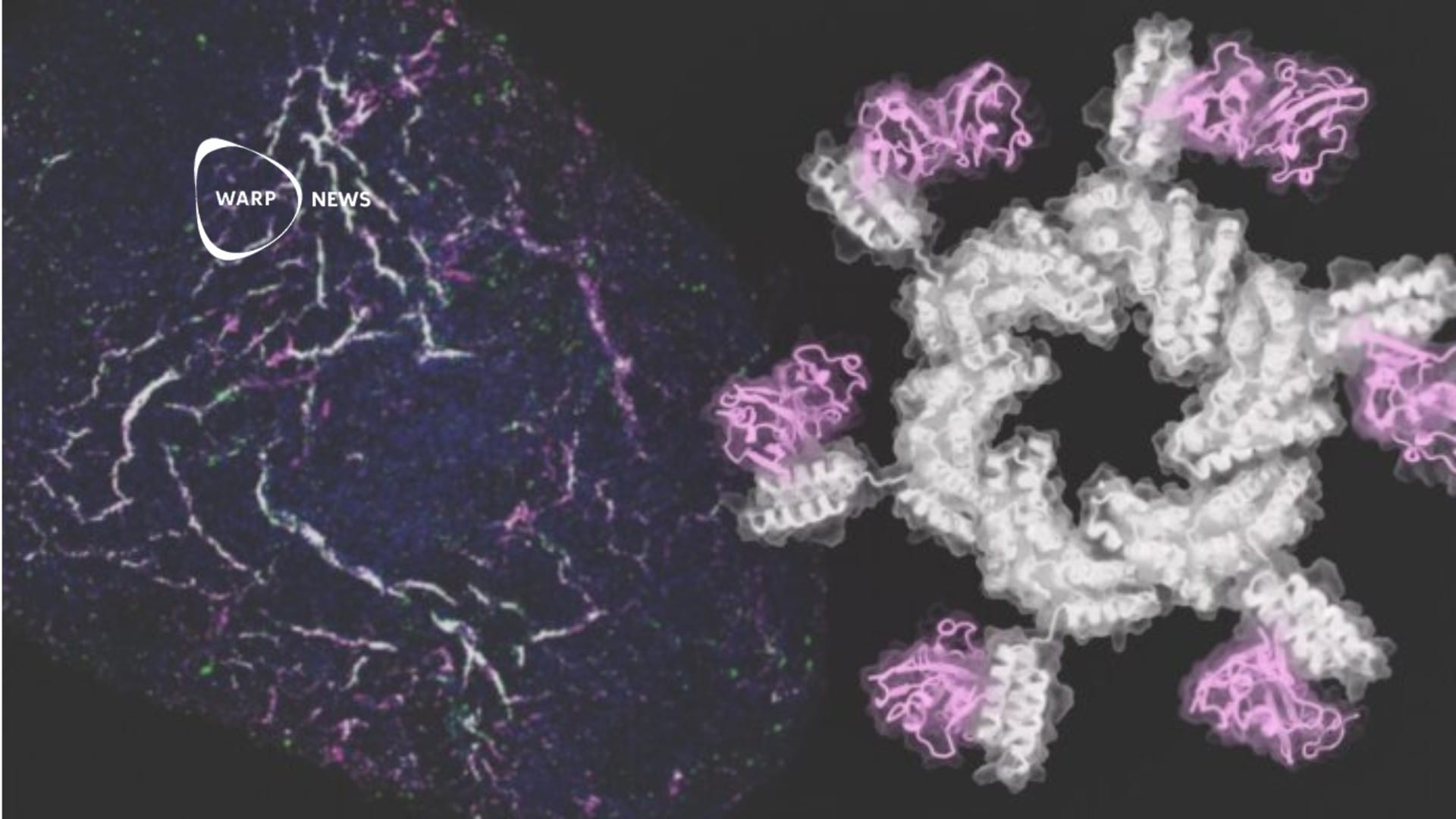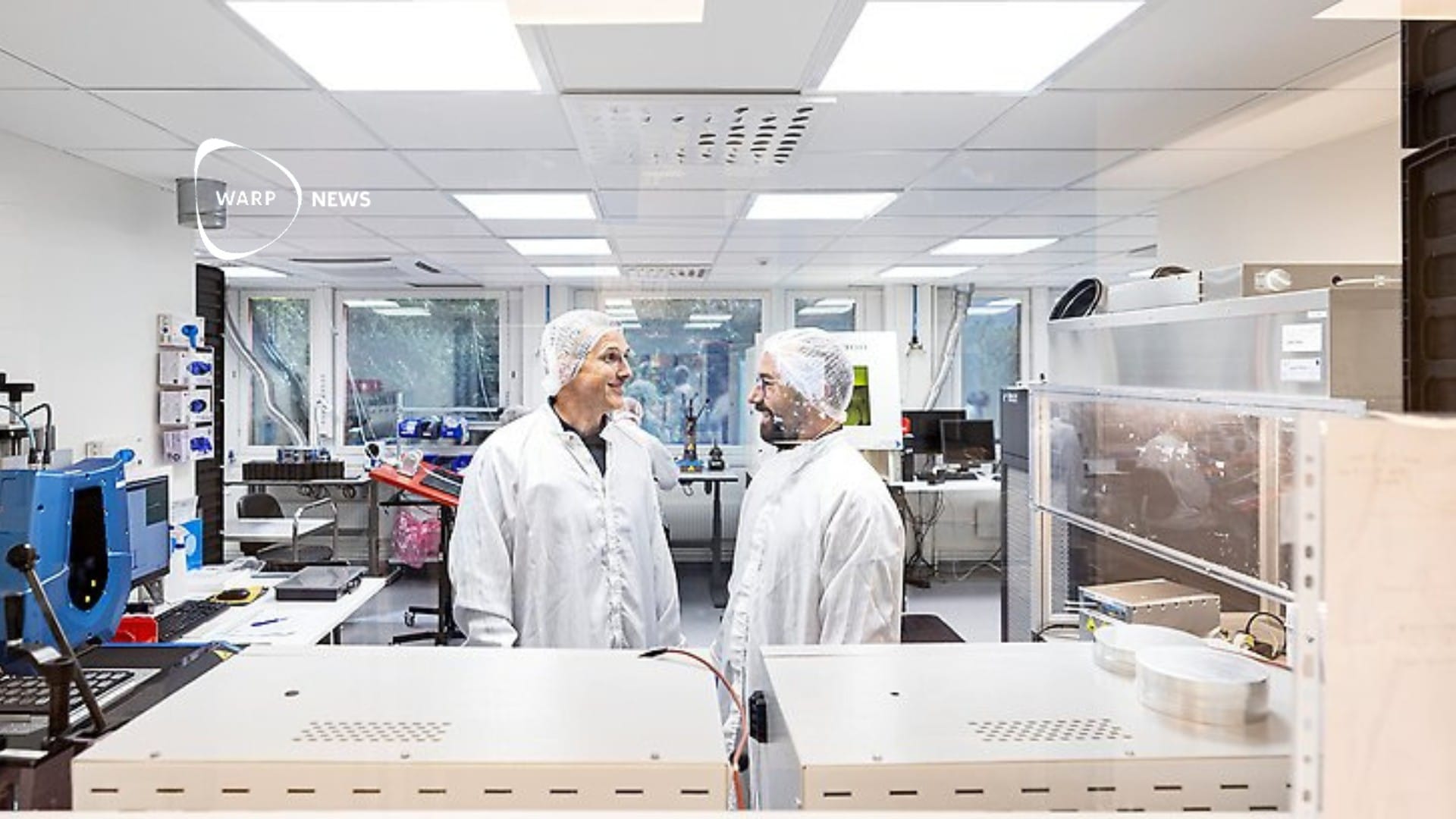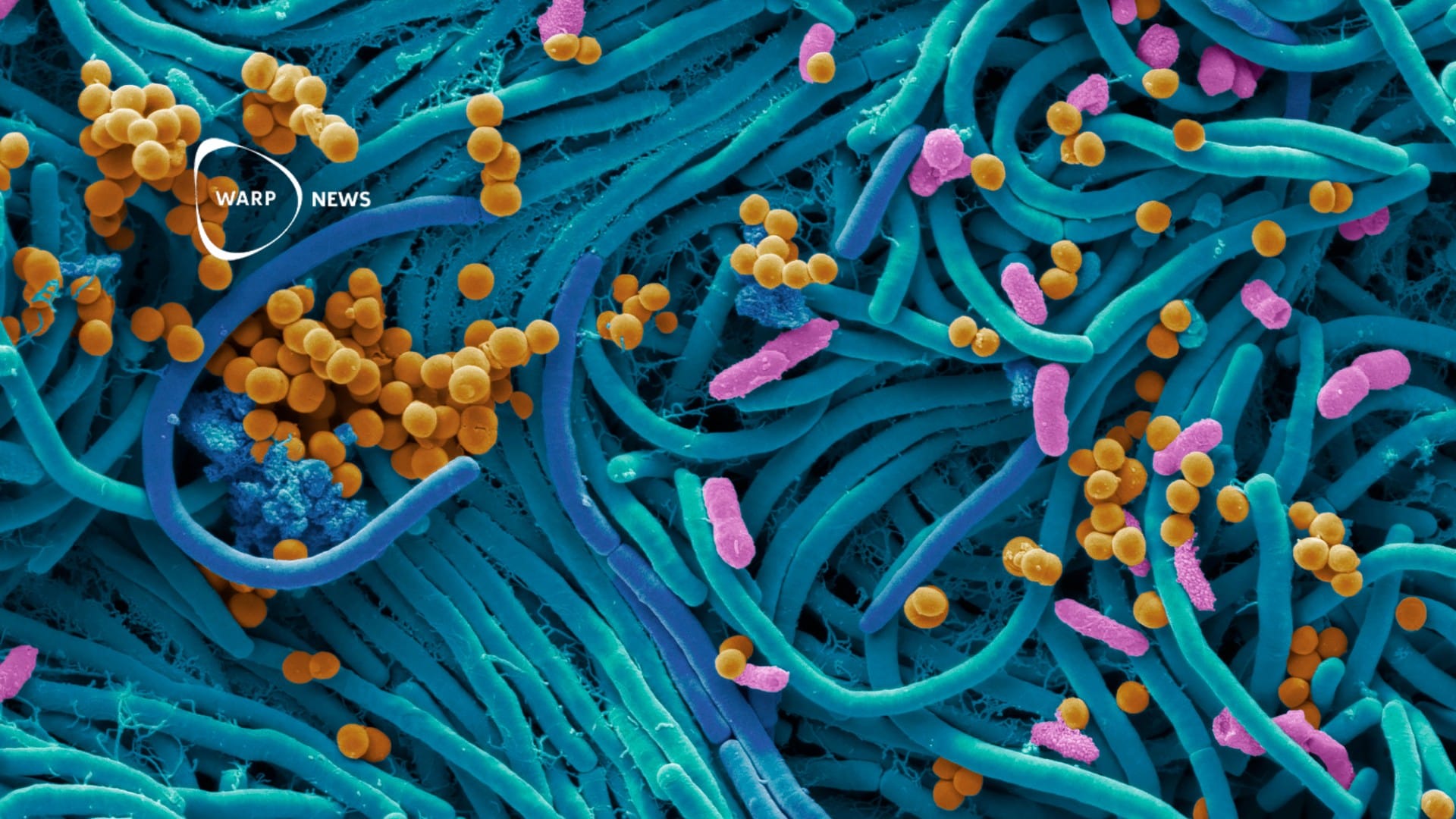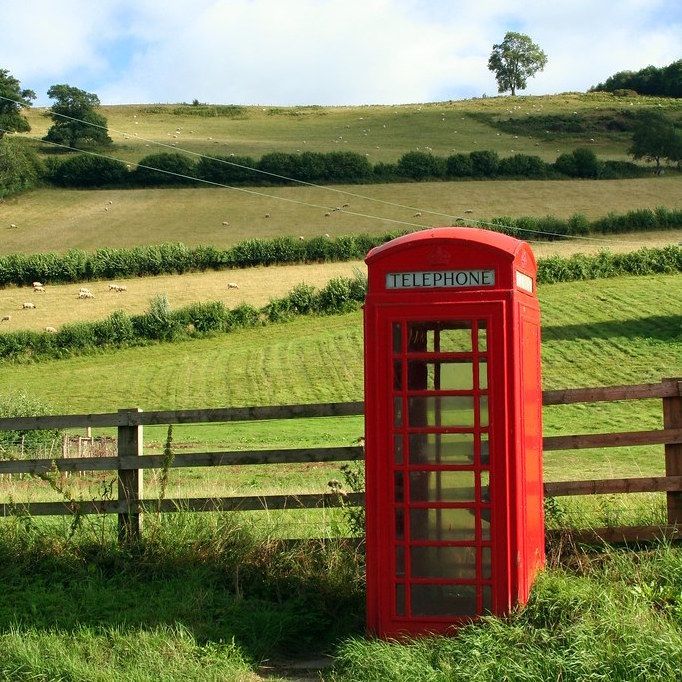
📞 Others appreciate unexpected communication more than we think
People underestimate how much it is appreciated that they contact friends and acquaintances just to say hello, on how they are doing, or ask what has happened since the last time. The more surprising the communication is, the more it is appreciated by the recipient, according to new research.
Share this story!
Humans are social beings who feel good about being in contact with other people. However, we underestimate how much it is appreciated that we contact someone, writes the American Psychological Association (APA).
A new study of nearly 6,000 participants, published in the Journal of Personality and Social Psychology, examined how good people are at estimating how much others appreciate an attempt of social interaction, and how various factors affect the degree of appreciation.
“People are basically social beings and like to be in contact with others. There is a lot of research that indicates that maintaining social contacts is good for our mental and physical health; but despite the importance and appreciation of social contacts, our research indicates that people underestimate how much others appreciate that we get in touch with them”, says lead author Peggy Liu, of the University of Pittsburgh.
In one of the experiments, half of the participants were asked to think back to when they last contacted someone via email, text message, or phone call, "just to" or to hear what has happened since the last time they saw each other, after a long period of time. The other half were asked to think back to when someone did the same thing for them.
Participants were then asked to place a range of emotions, such as gratitude, appreciation, and satisfaction, on a seven-point scale, with users appreciating the recipient's emotions and recipients describing their own emotions. In addition to the example, other experiments were performed, and consistently through the different versions of the experiment, it turned out that the recipient had a significantly stronger (positive) reaction than the sender thought.
One variable that consistently proved to affect the degree of appreciation was the moment of surprise - the more unexpected the communication, the stronger the appreciation is experienced by the recipient.
“We found that people who receive communication put more focus on the moment of surprise than those who are the dispatcher, and a greater focus on surprise was associated with higher appreciation. We also found that people underestimate others' appreciation to a greater degree when communication was more unexpected, instead of being part of a normal communication pattern, or if the social bond between the two people was indefinite”, says Liu.
“Sometimes I pause before I get in touch with my social circle from before the pandemic, for various reasons. When it happens, I remind myself that other people may also want to contact me, but that they hesitate for the same reasons as me. Then I say to myself that I would have appreciated it if they had contacted me, and that there is no reason to believe that they would not have appreciated it in the same way as I did if they had heard from me”, Liu concludes.
The study can be read in its entirety here.
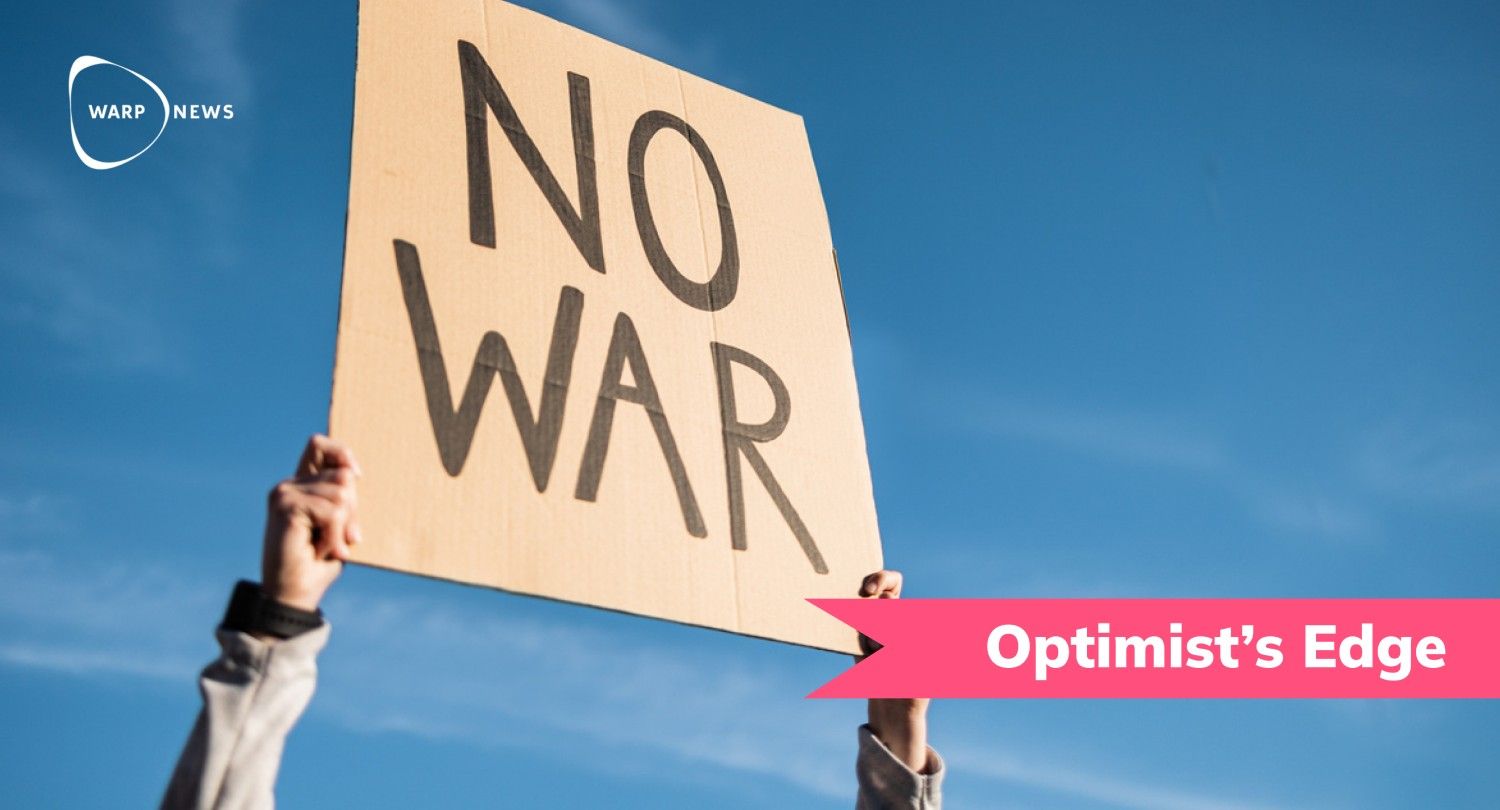
By becoming a premium supporter, you help in the creation and sharing of fact-based optimistic news all over the world.

